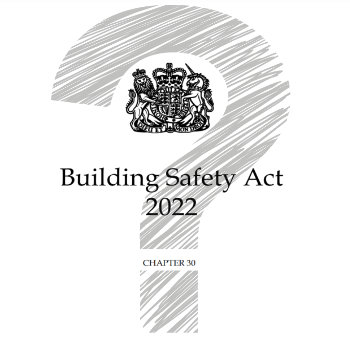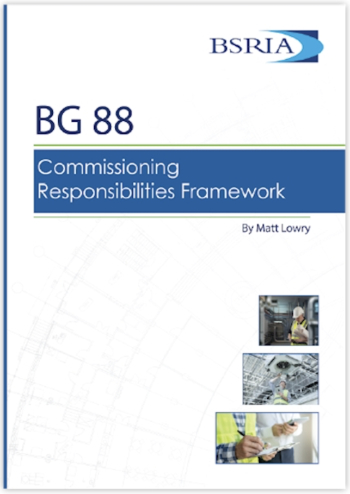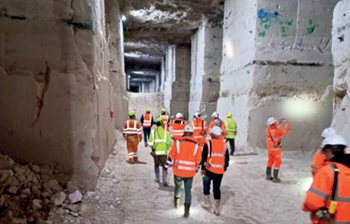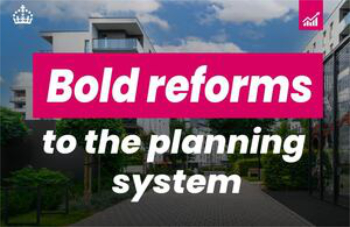Managing risks in existing buildings: An overview of UK risk-based legislation for commercial and industrial premises (FB 86)
BRE (Building Research Establishment) is an independent, research-based consultancy, testing and training organisation, operating in the built environment and associated industries.
On 30 November 2016, BRE published Managing risks in existing buildings: An overview of UK risk-based legislation for commercial and industrial premises (FB 86) by Steve Manchester.
The three main drivers for managing risks in a building or on a site are:
This guide provides an overview of issues to consider, techniques and information sources to improve the management of risks in buildings by the building owner, manager or user. This should result in reduced business losses, lower insurance premiums, improvements in operating costs, reduced absences and a reduction in reactive mitigation measures necessary after an incident.
It applies to all existing, non-domestic buildings in the UK, including; offices, warehouses, industrial/processing sites, transport hubs such as airports and railway stations, and so on. It covers risks that can have a major impact buildings, site infrastructure and occupants, such as:
- Fire.
- Explosion.
- Asbestos.
- Legionella.
- Radon.
- Noise.
- Vibration.
- Flooding.
- Contaminated land.
- Environment.
The wide-ranging nature and use of buildings means there may be some types of risk that are not covered, although the general principles for risk assessment will still apply. Risks to occupants from personal accidents such as trips, falls, manual handling and repetitive strain injuries are not covered, neither are risks from electrical or mechanical equipment in so far as they affect an individual person.
The contents of the guide include:
- Executive summary.
- Introduction.
- Hazard and risk.
- Current legislative framework.
- Analysis of specific hazards.
- Holistic benefits.
- References.
[edit] Related articles on Designing Buildings Wiki
Featured articles and news
Who, or What Does the Building Safety Act Apply To?
From compliance to competence in brief.
Commissioning Responsibilities Framework BG 88/2025
BSRIA guidance on establishing clear roles and responsibilities for commissioning tasks.
An architectural movement to love or hate.
Don’t take British stone for granted
It won’t survive on supplying the heritage sector alone.
The remarkable story of a Highland architect.
The Constructing Excellence Value Toolkit
Driving value-based decision making in construction.
Meet CIOB event in Northern Ireland
Inspiring the next generation of construction talent.
Reasons for using MVHR systems
6 reasons for a whole-house approach to ventilation.
Supplementary Planning Documents, a reminder
As used by the City of London to introduce a Retrofit first policy.
The what, how, why and when of deposit return schemes
Circular economy steps for plastic bottles and cans in England and Northern Ireland draws.
Join forces and share Building Safety knowledge in 2025
Why and how to contribute to the Building Safety Wiki.
Reporting on Payment Practices and Performance Regs
Approved amendment coming into effect 1 March 2025.
A new CIOB TIS on discharging CDM 2015 duties
Practical steps that can be undertaken in the Management of Contractors to discharge the relevant CDM 2015 duties.
Planning for homes by transport hubs
Next steps for infrastructure following the updated NPPF.
Access, history and Ty unnos.
The world’s first publicly funded civic park.
Exploring permitted development rights for change of use
Discussing lesser known classes M, N, P, PA and L.
CIOB Art of Building photo contest 2024 winners
Fresco School by Roman Robroek and Once Upon a Pass by Liam Man.


























